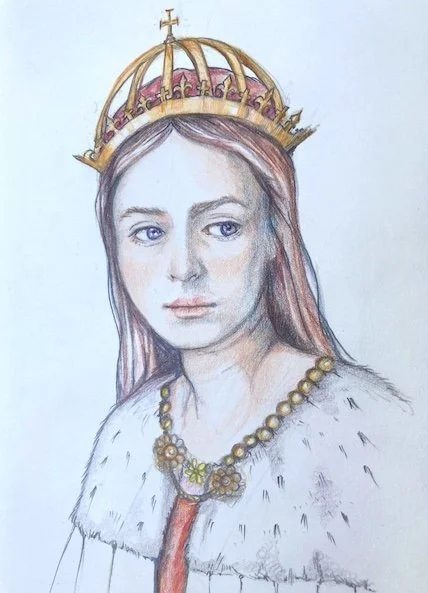To forget about a rose-tinted past
It’s always beautiful to watch the photos from your parent’s honeymoon. You try to fit yourself in a time and space where you probably weren’t born yet, daydreaming about a life in the 20th century. “Why didn’t you save that sweatshirt for me?” you ask, maybe, to your dad. “How could you go out with a bird’s nest for hair?” is the question for your mom. Or your dads. Or your moms. Or just one of them. Anyhow, for you, there’s a glossy veil covering the family’s memories that makes you lament not getting to see Bowie in concert in his brightest years. The analog film scratches and light leaks, even though easily accessible now, don’t feel real. Don’t feel like that.
The cadence of the years is a whimsical thing. During the 60s, people were enjoying their shroom trips, glittery eyes while kissing each other in tobacco-rotten mouths, music as psychedelic as the drugs. Blue eyeshadow flooded the girl’s eyelids, mimicking Anna Karina, lashes as long as Twiggy’s. It was also the time when my country was under a dictatorship and the critical moment of the Vietnam war. Heroin addicts lay dying on the streets, mass-murderers were the norm – and, when at the prison, women sent them love letters. Joan Didion was a reporter when she found a five years old kid on acid in a room and had to write about it.
Then the 70s came, and Led Zeppelin, and Pink Floyd, and Francis Ford Coppola, and Harvey Milk getting assassinated because he was the first gay official in the history of California. LGBT marriage was not even close to being a reality: it would have to wait until the 21st century. The 80s brought the aids crisis and the politics of Margaret Thatcher, but we tend to overlook it – or we seek to forget it – because of the oh-so-cool aesthetics. Underground art galleries, punks, and slasher movies aid in obliterating the fact that women around the world were still trying to win suffrage rights.
My mom used to smoke in the 90s since I would not be born until the end of the decade. My dad was the one with the camera, leaving trunks of photographs behind. I have spent entire afternoons rummaging through them; my sister accompanied me in that adventure when she was old enough. I see those pictures, and a deep desire to be there consumes me.
But maybe I would have died of a drug overdose, since it was so easy to get your hands around them. Killed by a terrorist bomb is not out of the picture, either. Was it the best or the worst of times? The question poses relatively unanswerable, given the threats that have arisen nowadays. Despite that, a certainty lingers inside me: I am grateful I get to long for the past, instead of losing my voice in it.
_
Marta Ramírez is a freelance writer from Spain. She is interested in culture, lifestyle, sustainability and all things bookish.




